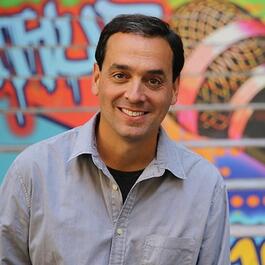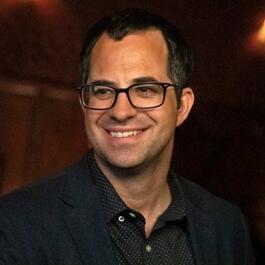
Opinion Science
A show about the psychology of opinions, where they come from, and how they change. Interviews with experts and deep dives into areas of research uncover the basic psychology of persuasion, communication, and public opinion. Hosted by social psychologist, Andy Luttrell.
Show episodes
Paul Eastwick and Eli Finkel are two social psychologists who study the gears and levers of romantic relationships. What do people find attractive in a partner? How do relationships evolve over time? And critically, do romantic movies get any of this stuff right? Paul and Eli host the podcast, Love Factually, which dis
Sara Grady studies the function of entertainment—why we watch, play, and listen to the media that fill our lives. She"s an assistant professor of Communication at Ohio State University. In our conversation, we explore what entertainment actually does for us, what it means to connect with fictional characters, and how s
David Broockman is a political scientist at UC Berkeley who digs into one of democracy’s core questions: can political messages really change minds? He’s spent his career running careful studies of persuasion, from door-to-door conversations to the effects of cable news, and testing whether the confident claims of poli
Lulu Miller has done a lot of things and done them very well. She is currently the co-host of Radiolab and its family-friendly spinoff, Terrestrials. She also co-created Invisibilia with Alix Spiegel and wrote the beautiful book, Why Fish Don"t Exist. In our conversation, I try to learn Lulu"s secrets when it comes it
Sarah McAnulty is a squid biologist and a science communicator. She"s come up with all sorts of creative ways to bring science to the people, especially through local community engagement initiatives. Learn more about Skype a Scientist: https://www.skypeascientist.com/ You can find the rest of this summer"s science com
Joe Palca reported on science for NPR for years. He found his sweet spot, capturing people"s interest and filling them in on curious new findings in just a few minutes. His path to this job wasn"t all that direct, and in our conversation, he shares how he got there and what he"s learned along the way. Listen to his 201





